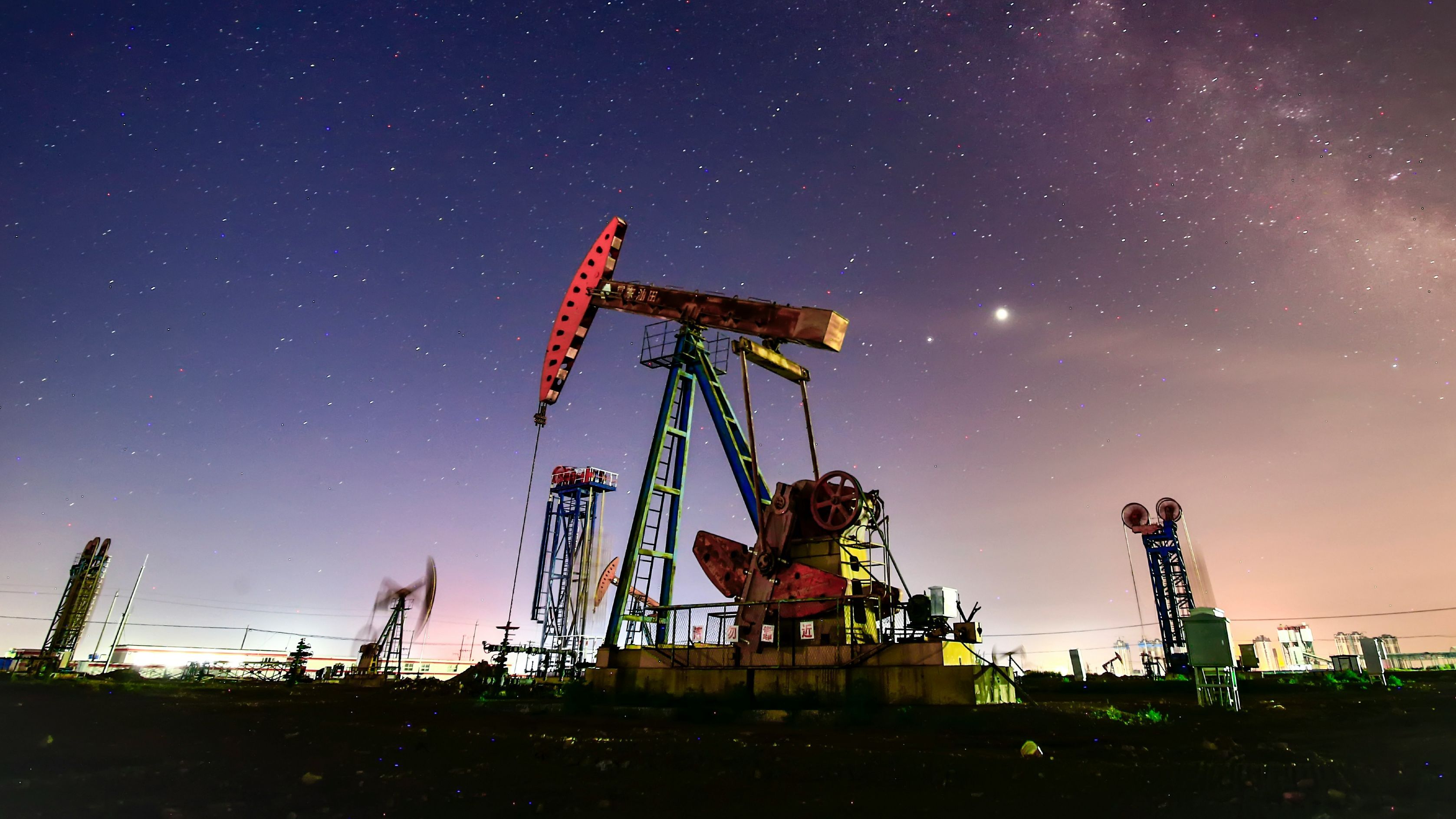
What to know:
- Latin America just pulled off an oil and gas deal with $75 million in digital IOUs.
- It’s all thanks to something called the GSX Protocol — which sounds like a blender but is apparently for “settlements.”
- Tokenization is now being described as “transformative” by people who keep using words like “innovative” and “scalable” at dinner parties.
Imagine you’re trying to buy an oil facility in Latin America. Now imagine doing it with “stablecoins,” which are apparently cryptocurrencies for people who are too nervous to handle actual cryptocurrencies. Enter Feniix Energy, which, despite the spelling, does not sell phone chargers at airports but instead acquires big, important energy assets.
The entire purchase — which comes with the kind of regulatory secrecy that makes you feel you’ve been left out of a gossip chain — was orchestrated over a platform called Global Settlement. You know, for when you want to buy $75 million in industrial machinery and can’t be bothered with “banks” or “wires.” Supposedly, this is the first time tokenization has been used for “operational real estate tied to commodity production.” If that sentence made you dizzy, rest assured: you’re not alone.
Kyle Sonlin, who founded Global Settlement, confirmed the deal with all the enthusiasm of a man who knows where the bodies are buried but is contractually obliged not to say. Details are “regulatorily” hush-hush, which means everyone is pretending to care about rules.
Financial institutions can barely contain themselves about tokenization. It’s being called the “next frontier” by people who definitely have a standing desk. The idea: take a real-world asset — oil, a bond, perhaps your neighbor’s above-ground pool — and represent it digitally on a blockchain, letting people move billions around from the comfort of their tracksuits. Disruptive, confusing, and possibly the only thing standing between us and a Trillion Dollar Tokenized Future™ — which, by the way, is now a projected market worth anywhere between $18 billion (according to someone’s neighbor) and “trillions” (according to everyone else’s PowerPoint).
Alejandro Uribe from Feniix offered a statement so stirring it might belong on a motivational poster: now, with blockchain, efficiency is “unprecedented.” Security is “unprecedented.” Transparency? You guessed it — “unprecedented.” Somewhere a compliance lawyer just felt a chill.
GSX Protocol, the digital handshake behind this logistical ballet, shuffled stablecoins between continents, found some vendors, plugged in servers, probably waved at a few satellites — all in the name of trimming a days-long process down to mere minutes. It’s like going from dial-up to fiber optics, but for things that explode.
Tokenization doesn’t just make deals faster. It might — just might — help raise funds for emerging markets, letting people sidestep “traditional capital markets” (aka the system with all the forms you filled out wrong). As Sonlin explained, getting debt or equity in places where people dig for money literally (mining), not just metaphorically (shopping), can now be accomplished in the way God and Satoshi intended: without having to ask a banker to call you back.
For Global Settlement, this was the perfect “let’s see what the buttons do” moment. They run a network for moving real-world assets, peering across blockchains and presumably chain-smoking with anxiety whenever someone says the word “audit.” Sonlin’s hopeful for more tokenized mergers and acquisitions, aka the rich buying real stuff with fake-sounding money, but much, much faster.
Bottom line: The world’s most boring industries are being jazzed up with blockchain. Next time you see a drilling rig, just imagine it’s got a digital twin somewhere, partying on the blockchain, waiting for its next click-and-buy owner. 💸⛽️😂
Read More
- Clash Royale Best Boss Bandit Champion decks
- Vampire’s Fall 2 redeem codes and how to use them (June 2025)
- World Eternal Online promo codes and how to use them (September 2025)
- Best Arena 9 Decks in Clast Royale
- How to find the Roaming Oak Tree in Heartopia
- Country star who vanished from the spotlight 25 years ago resurfaces with viral Jessie James Decker duet
- Mobile Legends January 2026 Leaks: Upcoming new skins, heroes, events and more
- Solo Leveling Season 3 release date and details: “It may continue or it may not. Personally, I really hope that it does.”
- ATHENA: Blood Twins Hero Tier List
- Kingdoms of Desire turns the Three Kingdoms era into an idle RPG power fantasy, now globally available
2025-06-17 17:21